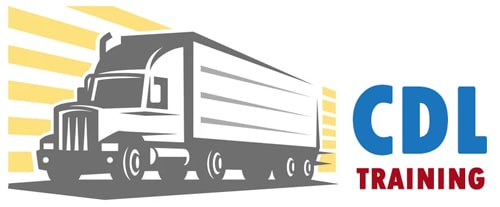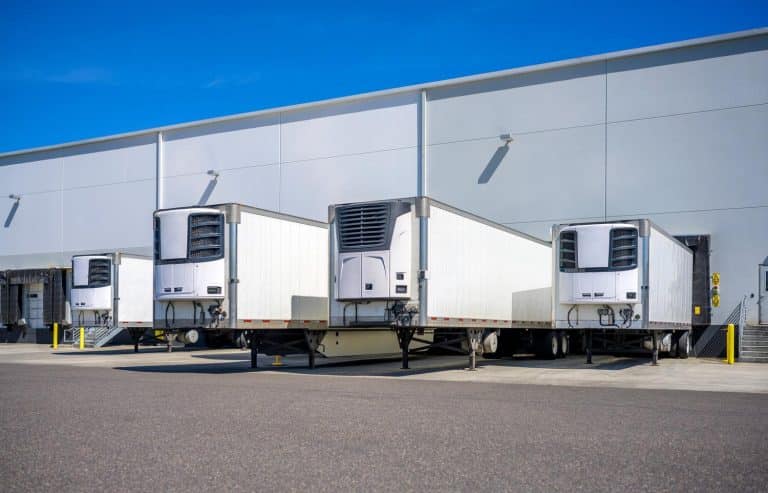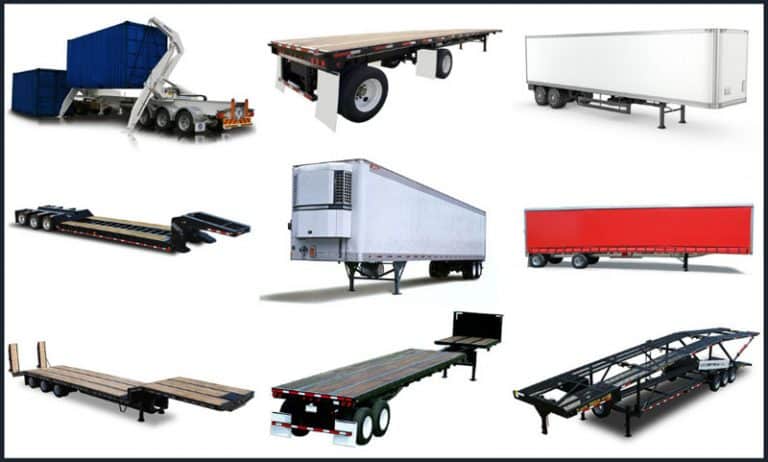Freight broker bond requirements are crucial for any broker to know to ensure that they meet the 1-year requirement of the FMCSA. In fact, you cannot broker freight without this key bond, with one exception (listed below).
What are BMC-84 Requirements?
The Federal Motor Carrier Safety Administration (FMCSA) requires proof of “insurance” through what is known as freight broker surety bonds, which require you to fill out Form BMC-84. However, you may have to fill out the Trust Fund Agreement form, also known as BMC-85.
Brokers of the following will need to have a freight broker bond:
- Property
- Household goods
The bond itself must have a value of $75,000. You will need this bond when you register to become a broker, and it must be valid for a period of one year. You’ll also be charged a processing fee when submitting the form, and this charge will be $300, although it is subject to change.
Once the form is submitted along with the bond, it can take 4 –6 weeks to process it.
Wait. Wasn’t the Bond $10,000?
Yes. There was a time when the bond was $10,000, but this hasn’t been the case since October 2013. FMCSA officials increased the bond amount to $75,000, and it may be increased in the future, too.
Do You Need a BMC-84 or BMC-85?
You can choose to either fill out form BMC-84 or BMC-85, so it’s important to understand the key advantages and disadvantages between the two.
BMC-84
The BMC-84 is the go-to option, which requires you to purchase a surety bond and provide proof to the FMCSA. Most freight brokers will go this route because they’re just starting their operations and it’s generally cheaper.
A bond will last for a period of one year, and you will be able to cancel the bond, too.
If canceling the bond, the surety bond company must provide the FMCSA with a 30-day notification that you’ve canceled the bond.
BMC-85
If you have the capital to put $75,000 into a trust fund, you can put the money in the fund and use this in lieu of a bond. The main drawback here is that you have to put the full amount into the account and will lose access to it.
Companies that have bad credit may need to use a trust.
Trusts are something that is a hot topic in the industry because you need to be very cautious when using them. For example, not all of the trust funds that exist will meet FMCSA standards, making it complex to get started.
Other times, there have been funds that haven’t been fully funded and the information never came to light until there was an issue. The trustees partially funded the amount leading to indictments and the freight broker having to secure a bond to remain compliant.
Brokers that do choose to use a fund must do their due diligence and ensure that the trust is 100% funded before operating.
How Do Freight Broker Bonds Work?
A freight broker surety bond is a form of guarantee that brokers will follow the rules and regulations set by the FMCSA. If you do not follow the rules, then a claim can be made against the bond that you have provided through form BMC-84.
If a claim is made, you’ll be required to repay the amount to the bonding company, up to $75,000 or the value of the bond.
An example of a time when a claim is made against a broker is:
- Payments to carriers fall behind
- Carriers file a claim against the broker’s bond
- The bond covers the claim
- Broker must repay the bonding company
In essence, the bond is an assurance that if a broker fails to uphold the end of their agreements, the party can pursue payment through the bond.
Cost to Obtain Freight Broker Surety Bonds
Bond providers will use multiple variables to better provide a quote on your bond cost. The bond cost will almost always be a percentage of the bond, and it can be:
- As low as 1%, or $750
- As high as 12%, or $9000
For most brokers, their bond will fall somewhere between the 1% and 12% figure. Determining your cost is the job of the bond provider, who will look through your business’ history to judge the cost of your bond.
Factors that may be included consist of:
- Financial strength
- Personal credit
- Past claims against bonds
Due to the factors for each bond provider varying slightly, you’ll want to obtain quotes from multiple companies to find the best price for your business. The greater the risk the bonding company takes on from supplying the bond to you, the higher the overall cost of the bond will be.
Steps You Need to Take to Get Your Freight Broker Bond
Obtaining your bond is a streamlined process that requires you to follow these steps:
- Register the brokerage with the FMCSA
- Obtain quotes from many bond providers
- Purchase the bond
- Fill out form BMC-84 and supply information about the bond
- Wait for approval from the FMCSA
If you follow these steps, you’ll be well on your way to obtaining your approval. Many bond providers will help you get a bond rapidly and then send proof to the FMCSA directly.
When you apply for your bond, you will need to provide your motor carrier number or MC to the company. The number is 6 – 8 digits long.
Freight Broker Bond FAQs
Can You Update a Broker Bond?
Brokers may need to update their bonds if they need to change the motor carrier number that’s associated with the bond or update the name of the broker or forwarder company.
If you need to update your bond for any reason, you will need to contact your bond company. Your bond company will then need to file any changes you need with the FMCSA. The process is done electronically.
How Do I Renew My Bond?
Bonds will need to be renewed on an annual basis. Most bond companies will allow you to renew directly through them. However, the company will need to verify the renewal status with the FMCSA.
What Does a Broker Bond Cover?
A broker bond offers protection if forwarders or freight brokers fail to meet the terms of a surety bond. The party that suffers damages can file a claim against the bond, and the claim will be settled via the surety company.
The most common reason for a claim is motor carriers failing to pay partners on time or as agreed in the contract.
How Do I Verify My Bond?
You can check the status of your bond by following the steps below:
- Visit the USDOT and FMCSA License and Carrier Search website.
- Enter your USDOT or MC number.
- On the next page, click “View Details.”
- You can choose to either view the status as an HTML page or a PDF.
- Now, check the Insurance Type field and see whether the Bond field states that there is insurance on file.
- If your bond is active, it will say “YES” in that column.
Currently, this is the only way to verify whether your bond is active.
Can Credit Improvements Reduce Bond Costs?
Yes. A higher credit score can help reduce your renewal rate, but it’s important to keep in mind that there’s no guarantee it will be lower. Renewal premiums are calculated using a variety of factors, and your credit score is just one of them.
Regardless of premium costs, freight broker bonds are a necessity for all brokers and will be something you’ll need to obtain to operate.







